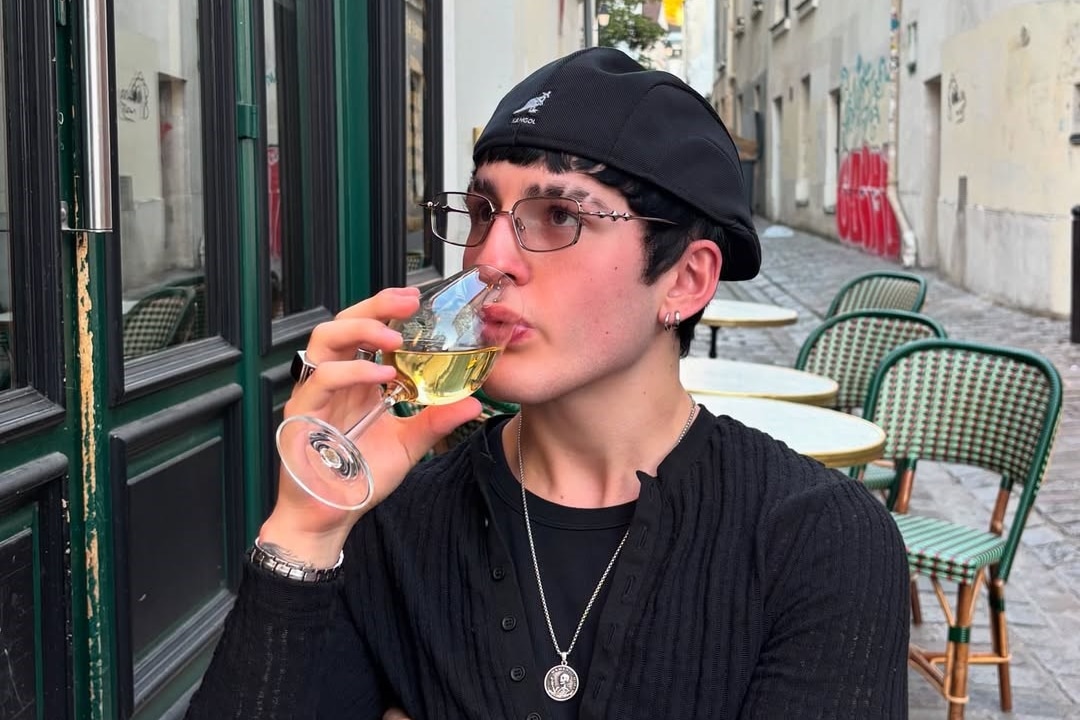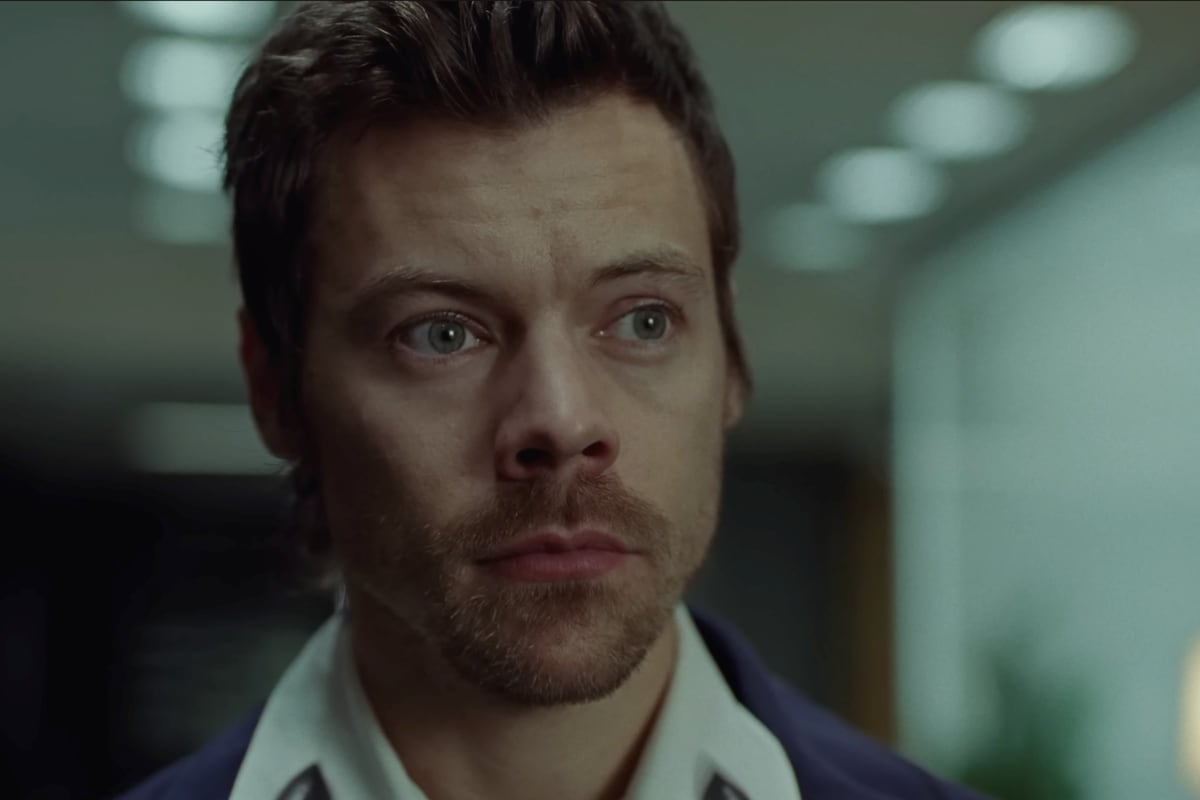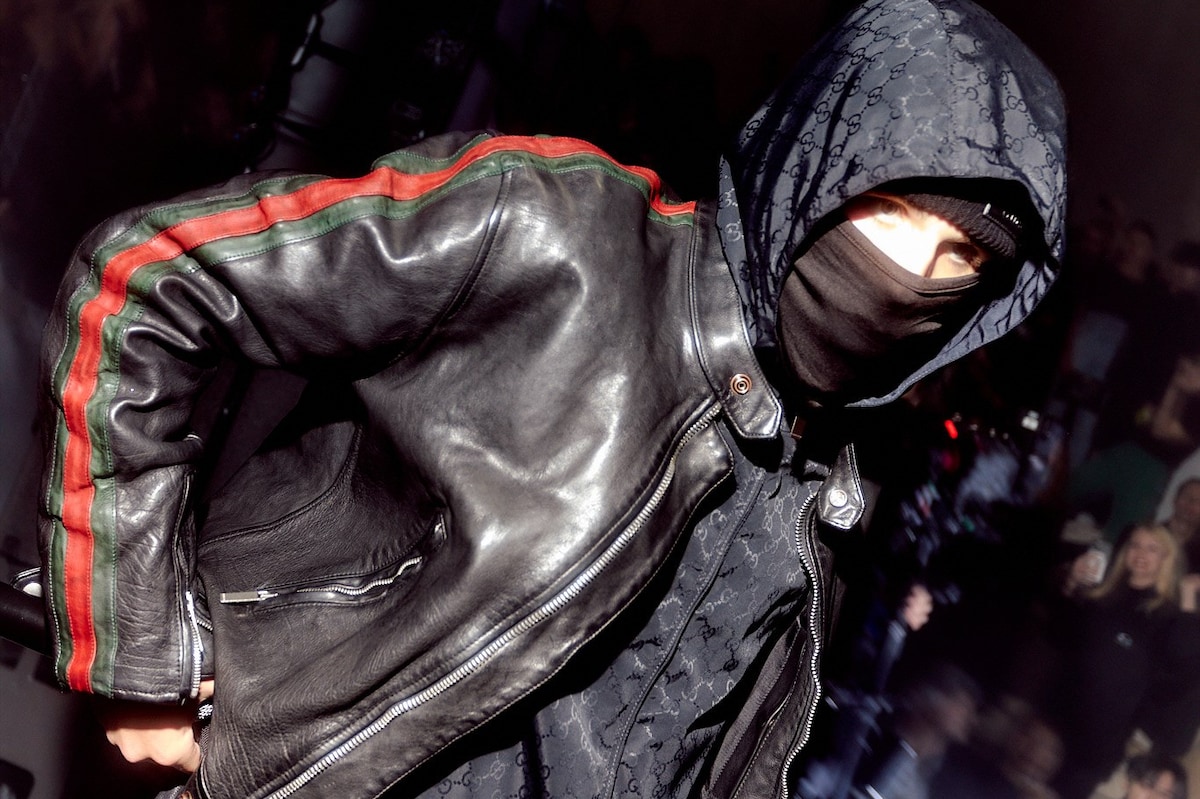Last week, a BBC reporter got more than she bargained for when what should have been a straightforward interview about A-Level results turned into a denunciation of her employers. Callum Johnson-Mills, a 19-year-old student at Liverpool City College, who was picking up his results that day, took the opportunity to say on-camera, “free Palestine, end the genocide, and the BBC is complicit”, calmly repeating the last part as the flustered reporter tried to get the conversation back on track.
When Callum posted the clip to his TikTok account, it went wildly viral – to date it’s racked up to 5 million views on TikTok alone, which seems to indicate a widespread frustration about the BBC and its failure to accurately cover the extent and nature of Israel’s crimes in Gaza. A comprehensive study published this year, which analysed 35,000 pieces of BBC content, found that the organisation affords Israeli deaths 33 times more coverage per fatality, and that it has consistently omitted crucial context from its reporting and shut down allegations of genocide.
We spoke with Callum about how he became involved in Palestine, what kind of action he’d like to see other young people take, and why we should all be willing to make things awkward.
When did you first become engaged in Palestine?
Callum Johnson-Mills: The first Palestine protest I went to was in July 2021, when I was 15, and my best friend Salma invited me along with her. Since then, I’ve tried to bring Palestine into every conversation humanly possible. I was a head boy in year 11 and I did quite a few assemblies on it, trying to spread the word and educate people. I’ve been speaking about it in politics classes, English classes, and posting about it on my story at least three times a day for years.
Even before that, I was always trying to bring politics into school. When I was ten, I played Jeremy Corbyn at a school assembly, dressed in a tweed jacket with Nike shorts and trainers.
Did you plan this action in advance, or was it a spur-of-the-moment thing?
Callum Johnson-Mills: At the start of August, the head teacher of my college texted me personally and said they were looking for students to speak to the media, so I knew that was happening. But it wasn’t until a week before results day that I got sent a consent form for the BBC and realised it was going to be them. I thought, ‘OK, there’s no chance in hell that I am going on the BBC and I am not calling them out, because that would just be so tone-deaf and ungenuine.’
I also think it’s quite ironic, because I did politics at A-level and for the last two years I’ve been shut down every time I’ve tried to talk about Palestine, because it’s apparently ‘divisive’ and a ‘touchy subject’. I was told I couldn’t talk about it in a lesson about protests, while the biggest Palestine protest was happening in London that same week. So it’s quite satisfying that my college asked me to go on national TV and I was able to say everything that they’ve tried to silence me about.
Everyone’s been commenting on my ‘little grin’, but that reaction is why I was smiling: the presenter looked at me like she literally wanted to rip my head off
What was the reporter’s reaction like? She didn’t look too pleased.
Callum Johnson-Mills: Everyone’s been commenting on my ‘little grin’, but that reaction is why I was smiling: she looked at me like she literally wanted to rip my head off, which is what I found amusing.
She also said, ‘Gaza is a whole different subject’, but I don’t think you can make that separation. You can’t escape this, no matter how hard you try, even on A-level results day. I recognise the ability for me as a teenager to take exams without fearing for my life, to pick up results without worrying about getting killed, and to be able to wake up in the morning and have breakfast. These are things which Palestinian people have been robbed of, especially Palestinian children who have such huge academic dreams and career aspirations. A lot of them don’t even have their lives now because of Israel’s actions.
What would you have said on-air if you’d had more time to speak?
Callum Johnson-Mills: The BBC has been biased in their reporting [on Gaza] for quite some time now. One study found that when talking about Israeli fatalities, they used the word ‘murdered’ 220 times, but only once used it to describe Palestinian fatalities. I can’t even wrap my head around that, especially for a media outlet that has a royal charter to be impartial. This is a clear genocide, and I think anyone not calling it for what it is is complicit.
It seemed like the reaction to your video was really positive, but did you get any backlash?
Callum Johnson-Mills: Oh, so much. I have been called every name under the sun. I’ve been called an antisemite, a terrorist. I’ve been called ‘four eyes’, ‘speccy’, a ‘nonce’. But the positive comments massively outweigh the negative ones. I’ve had people texting me saying, ‘I’ve never wanted children, but if I had a son, I’d want him to be just like you.’ I literally opened that message and I cried my eyes out. The love I’ve had from people in Liverpool as well has been insane – a lot of Scousers saying ‘Oh, you’ve made Liverpool proud.’ So I have had a backlash, but it just does not compare to the love that I’ve received.
I recognise the ability for me as a teenager to take exams without fearing for my life, to pick up results without worrying about getting killed, and to be able to wake up in the morning and have breakfast. These are things which Palestinian people have been robbed of
What would you like to see more of in terms of young people supporting Palestine?
Callum Johnson-Mills: I think people downplay the power of social media. We live on our phones and our reality is so warped by social media, but we can take that power back and spin it on its head. Look what’s happened to me: about five million people have seen that one TikTok video alone, and all I did was see an opportunity to talk about Palestine and take it. That’s what I want everyone else to do. Any chance you get to speak about Palestine, take it and run with it, inflate it and make it as big as you can.
I’m also always emailing the local MP. That’s a great thing to do, along with attending local protests and donating. I also think it’s important that people don’t fear confrontation. I want people to be willing to make it awkward and bring the mood down, because that’s when you know what you’re saying is important and it needs to be heard.
What would you do if you were the Prime Minister for one day?
Callum Johnson-Mills: I’d stop selling arms to Israel – that’s the first thing I’d do.
What are your plans now?
Callum Johnson-Mills: I’ve got into my firm choice, which is UCL in London. I’m going to study international social and political studies, so quite on-brand. Long term, I do want to be a political figure. I’d love to work for Your Party, with Jeremy Corbyn and Zarah Sultana. She called me a ‘legend’ on Instagram, so that’s a good foot in the door.



